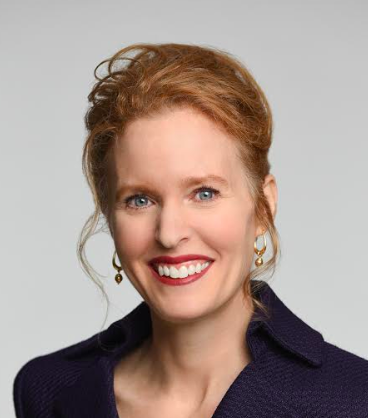
This article on resilience and race was written with Chauncia Willis.
“In the days ahead, we must not consider it unpatriotic to raise certain questions about our national character.” – Dr. Martin Luther King, Jr. in “Where do we go from Here: Chaos or Community?”
In early January, as our respective networks prepared to mix at a resilience reception to kick off 2021 and the resilience decade, we asked one another an obvious – but unanswered – question: Why is the climate resilience field so white?
It’s not a new question in the U.S. environmental movement. The headline in a January 2017 article in the January 2017 issue of Quartz proclaimed: “The overwhelming whiteness of U.S. environmentalism is hobbling the fight against climate change.” And, a Nov. 21, 2019 post in The Gender Policy Report headlined “Diversifying Leadership Is a Necessity for Climate and Energy.”
At our reception, comprised of mostly white resilience professionals, different voices provided various thoughts on the issue: Many in the American climate resilience field have arrived here via the environmental movement, which historically has been white and racist; the primary feeders to the climate resilience field – economics and the physical sciences – are overly represented by whites; and climate action and climate change mitigation are often paired with solutions such as renewable energy, electric cars and net zero homes, which often are unaffordable luxuries for low-income, marginalized, and vulnerable communities.
To continue the resilience decade and beyond, this group of professionals must agree that solutions start with racial equity, especially since communities of color are disproportionately subjected to the impacts of the climate crisis.
Here are five solutions offered by the resilience reception guests:
- Create climate resilience by fortifying social infrastructure – which starts with education, jobs, investment, housing, healthcare and personal security.
- Cede power to BIPOC leaders and make it a priority to use white power to unlock social equity solutions.
- Encourage privileged knowledge and learning beyond the academic setting.
- Within the education system, encourage BIPOC students to pursue STEM fields, provide them with mentors and paid internships, and demand that higher ed include academics of color in proportions that accurately reflect America.
- Do not pigeon-hole BIPOC leaders into “environmental justice” or “diversity” roles. Create social equity and include career pathways jobs with upward mobility, with or without advanced degrees.
While listening to civil rights leader and writer Alicia Garza keynote a Martin Luther King, Jr. tribute, I found that she put a fine point on our quest when she recalled a Dr. King quote in which he noted that Black Americans “hold only one key to the double lock of peaceful change. The other is in the hands of the white community.”
We can expect progress on this front from one recent change: President Biden’s environmental team. It includes North Carolina’s environmental chief Michael Regan, on course to become the first Black American to head the Environmental Protection Agency; environmental lawyer Brenda Mallory to lead the Council on Environmental Quality; New Mexico Rep. Deb Haaland to be the first Native American to lead the Interior Department; and Ali Zaidi, a former New York deputy secretary for energy and environment deputy, who happens to be Muslim, as national climate advisor.
We must remember, as Dr. King also maintained, “the ultimate measure is not where we stand in moments of comfort and convenience, but where we stand in times of challenge and controversy.” It’s important to be encouraged to approach resilience with the power of understanding that we each play a role in a resilient future, and that resilience exists at the intersection of climate, hazards, and vulnerability.
We cannot solely advocate for climate, hazards, and resilience and exclude factors that contribute to vulnerability as this works against all that we aspire to achieve in the resilient decade.
Co-author Chauncia Willis is the co-founder and CEO of the Institute for Diversity and Inclusion in Emergency Management and the former Emergency Management Coordinator for the City of Tampa
Image credit: Niek Verlaan/Pixabay

Joyce Coffee, LEED AP, is founder and President of Climate Resilience Consulting. She is an accomplished organizational strategist and visionary leader with over 25 years of domestic and international experience in the corporate, government and non-profit sectors implementing resilience and sustainability strategies, management systems, performance measurement, partnerships, benchmarking and reporting.














